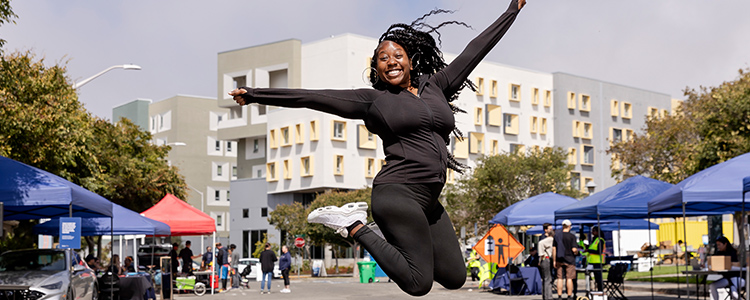
Across Student Affairs, we are actively moving forward Strategic Plan initiatives that relate directly to our priority areas. Our process is iterative. We are completing initiatives, updating others, and are sometimes even adding new initiatives as we dive deeper into each area.
Learn more about our work on each priority area:
- Transforming the Student Experience
- Culture of Equity, Inclusion, and Belonging
- Financial Stability
- Health Justice & Holistic Well-Being
- Organizational Behavior & Development
Transforming the Student Experience

Priority owners: Sunny Lee and Cruz Grimaldo
Active Initiatives
- Enhance our students’ first year experience. Draft recommendations to inform a 3-5 year plan that would enhance the student experience for first year residents living on campus including transfer and graduate students.
- Center our students’ needs in our communications. Ensure our websites, newsletters, social media, and emails are centering students first to help support navigation.
- Reduce harm. Assess the balance of proactive / preventative services and programs and find ways to have more upstream measures to reduce the escalation of harm of cases and situations.
- Assess business hours to better meet needs of students in expansive modalities (i.e. weekend/evening hours, hybrid delivery).
- Support our students as they develop and express their activist voice and support the staff who develop/support these student leaders.
- Equip senior leaders with tools to advocate for student space using findings from the Student Life Master Plan.
Culture of Equity, Inclusion, and Belonging
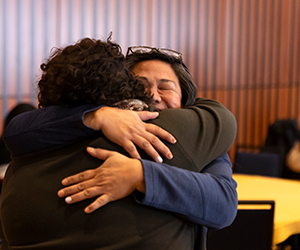
Priority owners: Layla Naranjo and Femi Ogundele
Active Initiatives:
- Develop staff Diversity, Equity, Inclusion, Belonging, and Justice (DEIBJ) competencies. Create educational modules/training that include trauma informed framework and practices for student employees, student leaders, and all student affairs staff.
- Launch a divisional staff experience survey that can inform programs and services for staff.
- Establish an equity-oriented staff hiring process, including a review of the interim position process.
Financial Stability
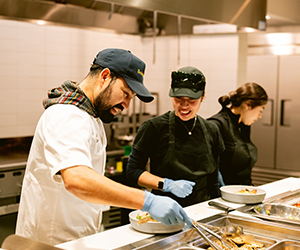
Priority owners: Jo Mackness and Kyle Davison
Active Initiatives:
- Develop a capital investment plan that includes identifying and addressing deferred maintenance.
- Develop a comprehensive revenue strategy to maximize sales revenue related to catering/retail, expansion of health care services, and more.
- Coordinate and expand fundraising and sponsorship opportunities. Establish all units as donor-ready with infrastructure to support fundraising and implementation.
- Develop and implement division-wide cost-cutting measures.
Health Justice & Holistic Well-Being
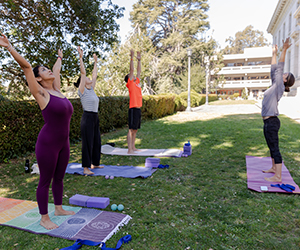
Priority owners: Cory Vu and Bahar Navab
Active Initiatives
- Develop and refine an emergency response and recovery plan to aid in pandemic, disaster, and other health-related emergencies.
- Develop a Campus Mobile Crisis Response program in which mental health professionals and EMTs serve as first responders in wellness checks and mental health emergencies.
- Implement a campus Total Worker Health program that integrates protection from work-related safety and health hazards.
- Design comprehensive health and wellness services for students who are neurodivergent. Develop a neurodivergent ally training for student peers, campus staff, and faculty.
- Expand the integration of health and wellbeing resources.
- Launch Health in All Policies plan to integrate health and wellbeing with an equity lens into everyday programs, practices, and processes.
Organizational Behavior & Development
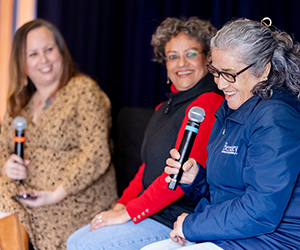
Priority owners: Bahar Navab and Layla Naranjo
Active Initiatives
- Establish intentional first year experiences, through a new First Year Flourish program to ensure staff achieve belonging, professional development, and division-wide success.
- Streamline divisional/centralized services for better service delivery and resource coordination.
- Conduct stakeholder mapping process to create robust stakeholder engagement and further support Student Affairs priorities.